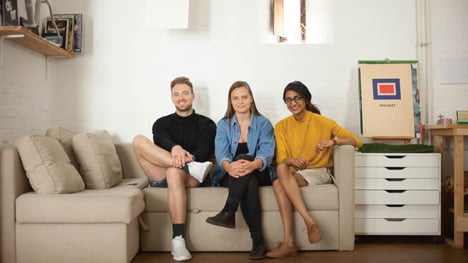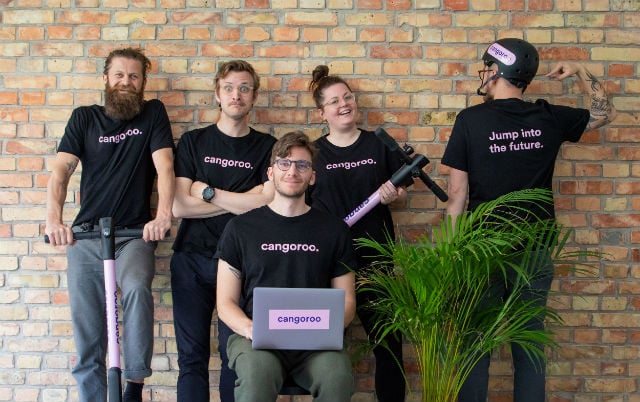This was the issue that Sissel Hansen, a 24-year-old Dane, faced when she moved to Berlin in 2014. So she decided to create a guide to the city’s startup scene.
“When I moved to Berlin I relied on my Lonely Planet guide for where to sleep, eat, drink coffee and which activities not to miss, and I could see that a similar style of guide for startups would be invaluable to people moving to a new city and wanting to start a business,” she told The Local.
She said it shouldn’t be “so damn hard to find relevant and in-depth information about your local city and the process of starting a business in it”.
Although she said many people questioned the wisdom in putting out a physical book in today’s digital world, Hansen’s guide to Berlin proved successful enough that she moved on to a second guide focusing on Aarhus’s start-up scene.
Copenhagen was next and now Hansen and her team at Startup Everywhere have put out guides for nine European cities and sold around 14,000 copies.
They have also just released an online and mobile app, Startup Guide Maps, as a navigational companion to the print guide featuring spaces, incubators, accelerators and cafes with wifi in cities including Copenhagen and Aarhus.
Thomas Nymark Horsted, who joined the company as COO six months after the release of the first book, said the global startup scene is changing rapidly.
“Twenty years ago there were only a handful of cities where most of the world’s innovation happened in, such as Silicon Valley, Boston, New York and Tel Aviv. Now it’s a global phenomenon but in spite of this, the challenges that entrepreneurs face are local rather then global. That’s why the platforms that Startup Everywhere create makes perfect sense and it is great that people find value in this,” says Thomas Nymark Horsted, COO of the company.
Startup Everywhere plans to release guides for 25 new cities in 2017 and over 50 more in 2018.




 Please whitelist us to continue reading.
Please whitelist us to continue reading.
Member comments